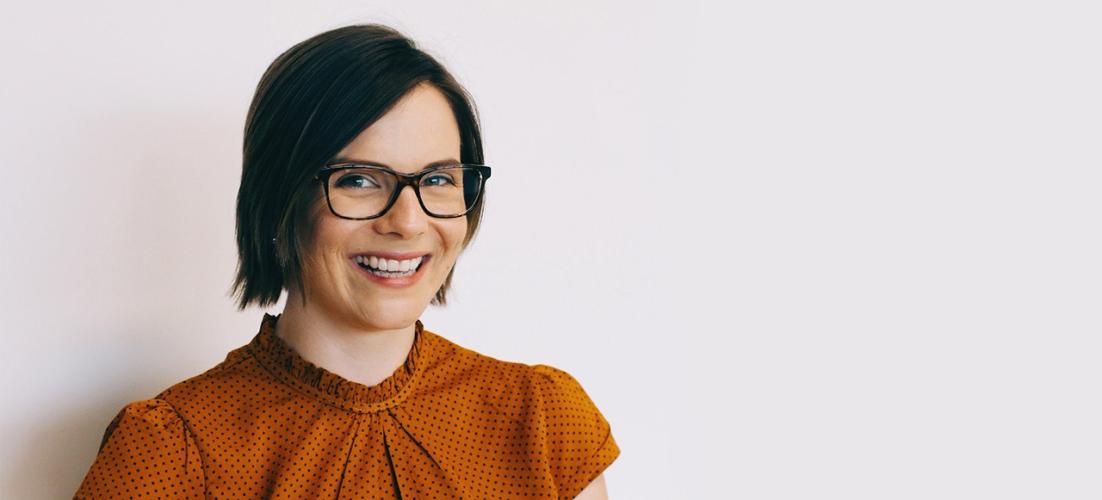Junior Doctor Conference Townsville Keynote Presenter: Dr Alisha Thomson

At 27, Dr Thomson had graduated from medicine at James Cook University and was a PGY2 working as a psychiatry Principal House Officer at Townsville Hospital when she was diagnosed with ovarian cancer.
We had a chat with Dr Thomson about how her diagnosis has changed her life and career.
How did your diagnosis change your life and your study/career?
Many things changed with the diagnosis which started with a significant amount of time off work. Over almost five years I have had three large periods of time off work that has impacted career progression. It has also influenced a switch from psychiatry into medical administration. It isn’t all a negative influence, it was through the diagnosis that different opportunities opened up that led to medical education and administration roles which I had never considered. Turns out I really enjoy and I am well suited to medical administration.
How has being a patient changed the way you treat your patients?
I no longer treat patients, but while I was still working with patients it made me more empathetic and spend time trying to better understand the frustration that occurs trying to navigate a really confusing hospital system. It definitely made me more patient-centred.
Although I have recently left psychiatry, I still feel passionately about mental health. What drew me to it was the ability to help some of the most vulnerable people in our community, where people that are passionate can truly make a difference. It is a rewarding field that continues to be underserved.
How do you get through a bad day when you’re feeling particularly sick?
I would try and make the most of the times I felt well so it made the bad days bearable. On chemo it was usually a bad week that occurred every 3-4 weeks depending on the chemo regimen. I would spend the week on my couch watching Netflix and sleeping. When I was up to it, I would try to make sure to walk my dogs every morning as a reason to get out of bed. When I was feeling nauseated but not sleeping, I would try and distract myself, spending time with friends who would come to the house or, if I was up to it going on outings. The chemo through COVID-19 was much harder as I couldn’t have friends over and I couldn’t go out.
What advice would you have for junior doctors in regards to their health?
I learnt a hard lesson about needing to put your own health first. My diagnosis was slightly delayed because I didn’t take the time to consider my health. I was so busy that it wasn’t until I took a fortnight off that I realised what sort of trouble I was in. I had not processed all my symptoms as all my focus was on work. I believe junior doctors need to know that it is okay to take time off to attend to your health. Work is never so busy that you can’t take time off. Many doctors believe that the ward won’t cope without them or that it is unfair on their team, yet work continues; the hospital copes.
We need to put our health first to be good doctors and role model good health behaviours.